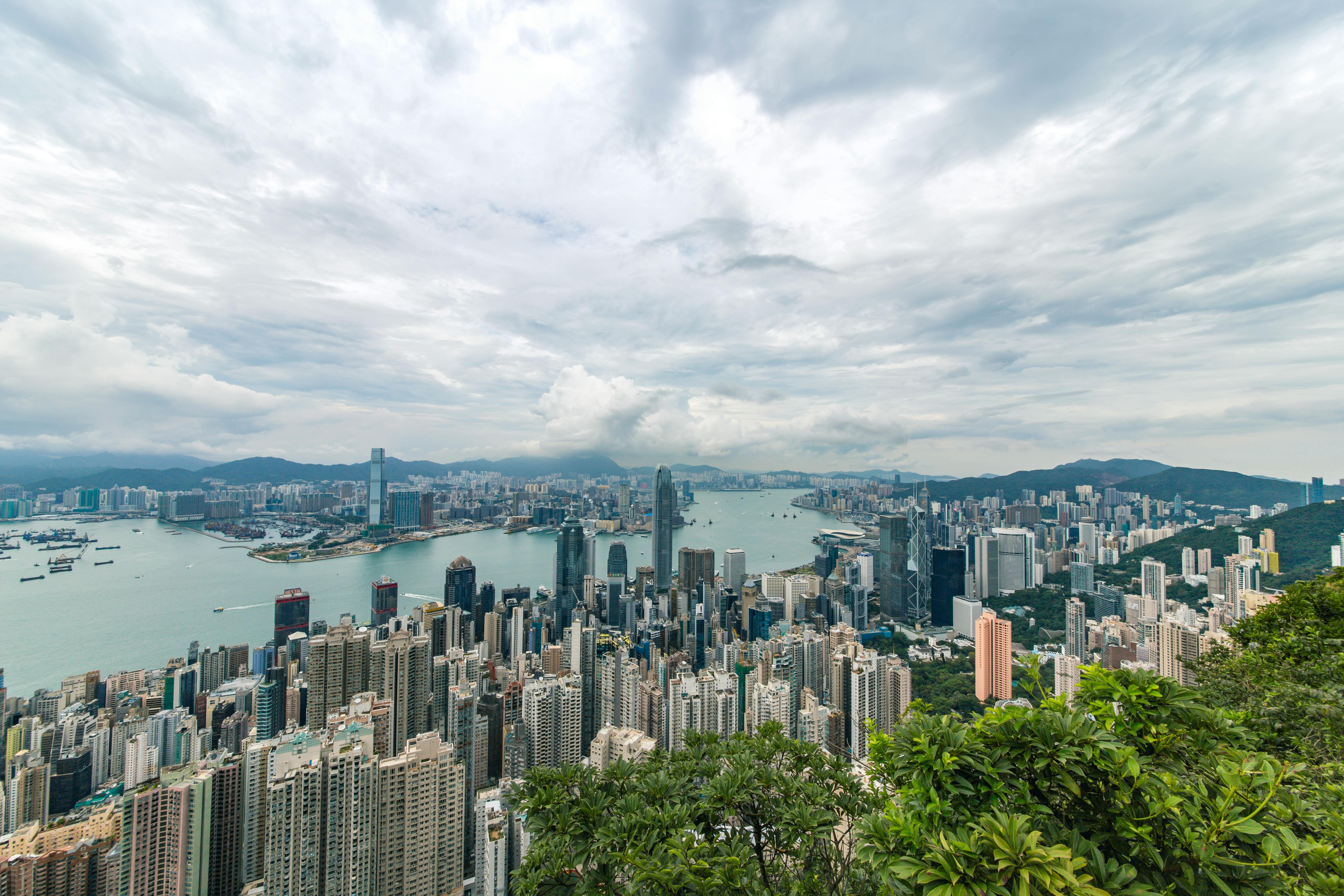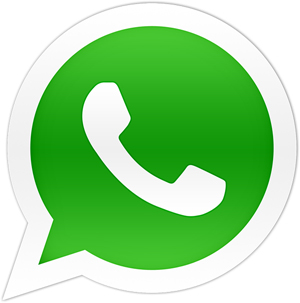- Discover Hong Kong - Hong Kong Tourism Board
- Hong Kong Observatory
- Leisure and Cultural in Hong Kong - Leisure and Cultural Services Department, The Government of HKSAR
- Living in Hong Kong - GovHK - one-stop portal, The Government of HKSAR
- Public holidays in Hong Kong - GovHK - one-stop portal, The Government of HKSAR
- Radio Television Hong Kong - RTHK, The Government of HKSAR
- Study in Hong Kong - Education Bureau, The Government of HKSAR
- Support for non-local students - TWC Student Affairs Office (SAO)
- The Hong Kong Government News
- Travelling to remote tourist spots - Transport Department
- Wi-Fi.HK
For non-local students, whether you have lived in Hong Kong for some time or visited this city as a tourist before, you may want to explore different aspects of people living in Hong Kong.
This guide provides some relevant information and tips for students who wish to learn more about Hong Kong's culture, language, history and discover this city's natural scenery and food. Try to find out more in TWC Library.
This guide provides some relevant information and tips for students who wish to learn more about Hong Kong's culture, language, history and discover this city's natural scenery and food. Try to find out more in TWC Library.
Here are some ideas and tips you may have interest to know:


- Hong Kong traffic rules are different with Mainland China and some other countries, cars drive on the right.
- Typhoon season runs from May to October in Hong Kong. Due to the frequency of the storm, Hong Kong has a warning system for dealing with these tropical storms. When a typhoon signal no. 8 or above is hoisted, all classes would be cancelled and public transportation would be suspended. When a black rainstorm warning signal is in force, classes might be cancelled. For details of the adverse weather arrangements, please refer to the updated news from Hong Kong Observatory and/or the College's email notifications and website.
- Remember to bring the identity document in Hong Kong. Police may check the proof of identify of any person who behaves suspiciously in the public, so always bring along with your ID to avoid any troubles.
- If you need to seek for medical service from the public clinics and general wards of government hospitals, please bring along with your HKID card for service. Non-local students without a HKID card would be required to pay full fees for service and hospitalisation. For details of the fees, please refer to Hong Kong Hospital Authority.
- The Hong Kong Public Library provides a network of over 70 static libraries in Hong Kong and its collection has more than 15 million items including books, audio-visual materials, newspapers, periodicals, CD-ROM databases and maps etc. If you wish to borrow books and/or access resources from the Hong Kong Public Library, please apply a library card at any branch of the Hong Kong Public Libraries. For details of the application, please refer to Hong Kong Public Libraries.
- Hong Kong's local currency is the Hong Kong dollar (HKD). Different payment methods (cash, credit card and mobile wallet) are accepted in Hong Kong. Cash, Credit card, Octopus, Alipay HK, WeChat Pay HK and Apple Pay etc are commonly used at most retail shops. You can find out which payment methods are accepted by checking the signs displayed at the shops. Using an Octopus card will make it easy for you to use public transportation.
- Hong Kong has green spaces, hiking trails, hills and beaches which offer for those looking to explore outdoor activities and natural landscapes.
- Hong Kong's popular street foods include egg tarts, pineapple buns, fish balls, siu mai and egg waffles which are commonly found in Hong Kong.
- Manners are important in Hong Kong. Speaking loudly, especially in phone conversations in public areas and public transportation can often be considered impolite and inconsiderate. If you need to make a phone call, keep it brief and speak softly, ensuring you respect the serenity of the public space.
Here are some recommended books to help you explore the city of Hong Kong.
|
Title
|
Call Number
|
|
PL1733 .T66 2010
|
|
|
DS796.H757 B455 2017
|
|
|
DS796.H775 A285 2002
|
|
|
JQ1539.5.A58 S362 2023
|
|
|
DS796.H76 K37 2020
|
|
|
DS796.H74 X8 2009
|
|
|
DS796.H73 S549 2021
|
|
|
DS796.H75 F395 2019
|
|
|
GT4883.H6 Z468 2023
|
|
|
DS796.H78 M566 2013
|
|
|
DS796.H75 X84 2009
|
|
|
DS796.H745 X54 2011
|
|
|
GT4886.H6 S554 2023
|
|
|
GT2853.C6 H88 2019
|
|
|
DS796.H73 L48 2021
|
|
|
BQ5720.U6 X536 2023
|
|
|
DS796.H795 S536 2021
|
|
|
TX907.5.C62 H836 2023
|
|
|
BL1942.85.W65 Y689 2023
|
|
|
Online Access
|
|
|
Online Access
Online Access |
The Library has a collection of printed and online dictionaries. You could learn more about the local culture and language by reading them.
|
Title
|
Call Number
|
|
PL1736 .C368 2012
|
|
|
PL1273 .L556 2012
|
|
|
PE1628 .E53 2000
|
|
|
PL1129.E5 F766 2012
|
|
|
PL1737 .R26 2009
|
|
|
PL1737 .L75 2008
|
|
|
PL1175 .C5597 1977
|
|
|
PL1740.H6 W25 2008
|
|
|
PL1736 .K8 2010
|
|
|
PL1739 .Z47 2010
|
|
|
PL1737 .Z43 2018
|
|
|
PL1740.H6 X47 2011
|
|
|
Online Access
|
As Cantonese is commonly used in Hong Kong, learning the language may help you settle there and understand its culture. Here are some books to help you learn.
|
Title
|
Call Number
|
|
PL1735 .C564 2021
|
|
|
PL1740.H6 Z546 2017
|
|
|
PL1731 .G8325 2019
|
|
|
PL1740.H6 Z435 2019
|
|
|
PL1740.H6 Y849 2021
|
|
|
PL1739 .L48 2019
|
|
|
PL1739 .L5 2019
|
|
|
PL1731 .G346 2019
|
|
|
PL1735 .B435 2018 v.1
|
|
|
PL1735 .B435 2018 v.2
|
|
|
PL1735 .B435 2018 v.3
|
|
|
PL1735 .L58 2020
|
|
|
PL1740.H6 Z4523 2019
|
The Library has subscribed to a number of newspapers in print and online. You could understand more about the local areas and matters by reading a local newspaper.
Click E-News Resources
Click E-News Resources




